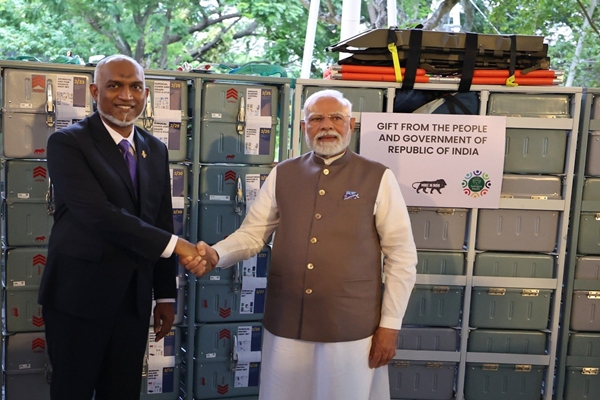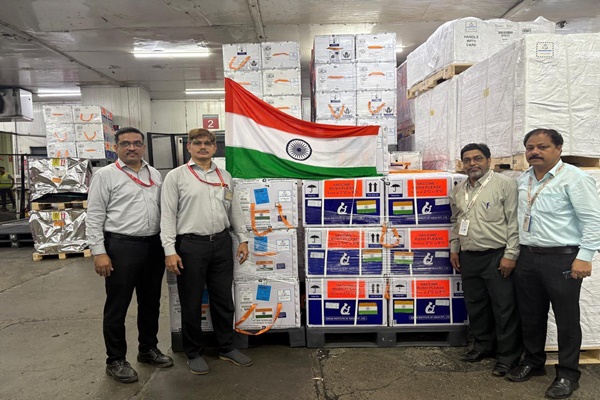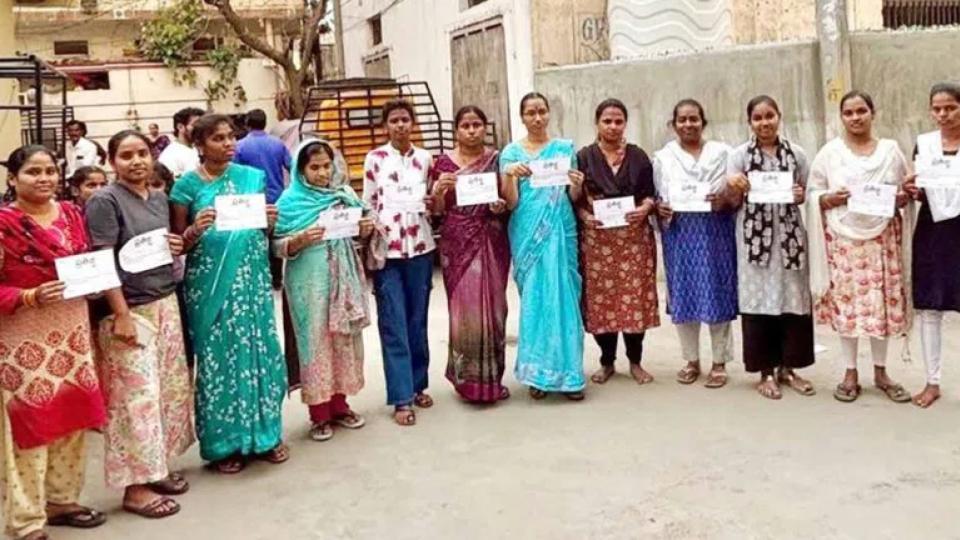Smartphone app can help women avoid unplanned pregnancy
Tue 28 Jun 2016, 11:50:53

A smartphone app that alerts a woman if she is on a high or low risk day for the purpose of planning or avoiding pregnancy may be 96-98 per cent effective if used correctly, a first-of-its-kind study has found.
The app, called Dot (Dynamic Optimal Timing) was created based on data from several published studies. Dot has been available for about a year and is increasingly being used globally.
Dot is one of the few fertility tracking apps - there are estimated to be about 100 such apps - that is based on empirical evidence, said Victoria Jennings, director of Georgetown University Medical Center's Institute for Reproductive Health (IRH).
Researchers are recruiting as many as 1,200 women to study, in real time, the app which calculates a woman's chance for pregnancy on a daily basis. The data upon which Dot is based includes a detailed fertility analysis of about 1,000 women in six geographical and cultural diverse settings. The World Health Organisation provided most of the data, with additional data from clinical research in the US.
The researchers said their analysis determined that Dot, from the beginning,
would be 96-98 per cent effective in women if used correctly. And as a woman continues to use it, the app increases its individual accuracy. Recognising that each woman's menstrual cycle can vary, the app allows for menstrual cycles that last as little as 20 days or as long as 40 days.
would be 96-98 per cent effective in women if used correctly. And as a woman continues to use it, the app increases its individual accuracy. Recognising that each woman's menstrual cycle can vary, the app allows for menstrual cycles that last as little as 20 days or as long as 40 days.
It relies solely on a woman's period start date to provide her with tailored, accurate information about her chance of pregnancy for each day of her cycle - and it alerts a woman if she is on a high or low risk day for the purpose of planning or avoiding pregnancy. "The more you use Dot — the more Dot gets to know you," Dot's creator, Cycle Technologies, wrote on their website.
Now Jennings and her team at Georgetown's IRH will study how women use the app.
"To our knowledge this is the first prospective study on the effectiveness of a 'fertility app,'" Jennings said.
They are recruiting study volunteers in the US who have downloaded and are using Dot. "Our goal is to test the efficacy of Dot as a method to avoid unplanned pregnancy in a real-time situation," said Rebecca Simmons, a senior research officer at IRH.
No Comments For This Post, Be first to write a Comment.
Most viewed from Specials
Most viewed from World
AIMIM News
Latest Urdu News
Most Viewed
May 26, 2020
Which cricket team is your favourite to win the T20 World Cup 2026?
Latest Videos View All
Like Us
Home
About Us
Advertise With Us
All Polls
Epaper Archives
Privacy Policy
Contact Us
Download Etemaad App
© 2026 Etemaad Daily News, All Rights Reserved.





































.jpg)
.jpg)
.jpg)


